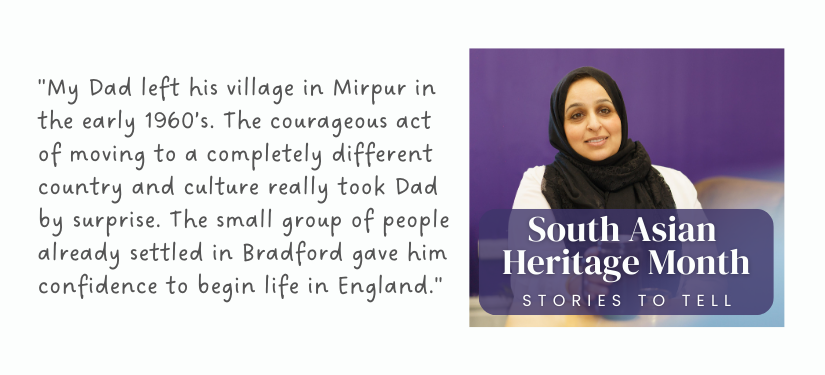South Asian Heritage Month
Written by Yasmeen, Pathways to Employment Worker
South Asian Heritage Month is held from 18th July to 17th August each year. The South Asian countries have a rich cultural legacy that influences and integrates with many other cultures and communities around the world, and we have a large diaspora in Bradford.
This year the theme ‘Stories to Tell‘ is all about celebrating the stories that make up this diverse and vibrant community.
Our South Asian colleagues at The Cellar Trust will share their stories over the course of the month. This enables people of South Asian heritage to honour their culture, as well as reclaim their history and identity by sharing their own experiences.
Yasmeen, Pathways to Employment Worker, continues South Asian Heritage Month #StoriesToTell by sharing her families experience following her father’s arrival in Bradford from a remote village in Mirpir, Pakistan. A beautiful account with references to language, religion, mental health and growing up in the 80’s and 90’s.
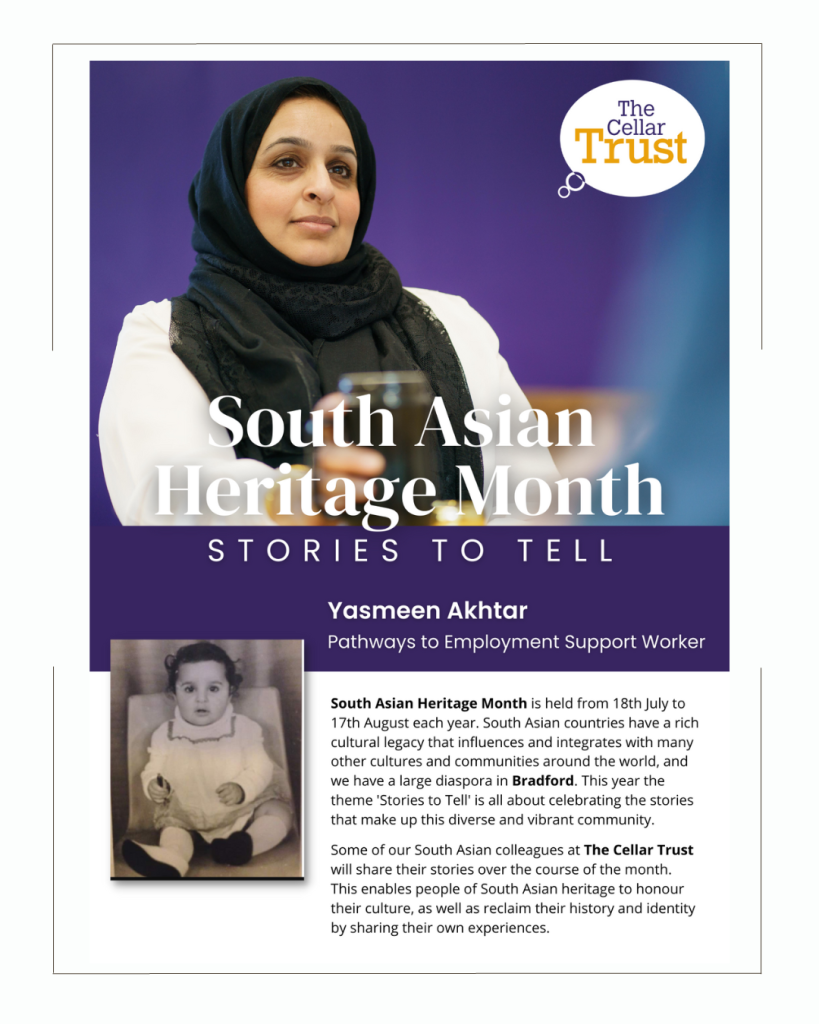
Download a PDF copy of the Blog here
Belonging to the South Asian community was amazing as I grew up, I have many fond memories. The gatherings at Eid and family weddings always had its benefits. The food was always in large quantities and authentic and the clothes we wore were always glamourous and glitzy. There was no panic if the food was too spicy for the young ones, it was a done thing! Dad was the main breadwinner; he would provide for many families in Pakistan too as well as his own family. Times were hard but I knew no different, my parents provided us with the necessities.
Mum was an excellent cook; she was also an expert tailor. We had an industrial sewing machine; it was her pride and joy. The homes curtains, beddings and shalwar kameez were sewn on that machine. It stayed in our family homes for decades until the motor completely burnt out.
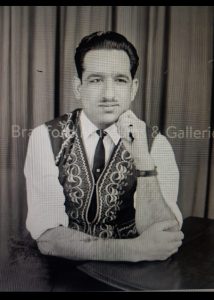
My dad left his remote village in Mirpur in the early 60’s. He recalls the first time he sat in the lounge area of the airport and thought he was in the actual plane. The courageous act of leaving his village for a completely different country and culture really took dad by surprise. He had absolutely no notion of the English language nor did he have an idea of the culture he was about to embark his new life in, but the small group of people already settled in Bradford gave him his confidence to begin life in England. Initially dad came for a year so he could provide for his struggling family back home, but the trend was settling in of bringing over families, so two years later he travelled back home and married mum. Dad would often travel to Pakistan, leaving mum with us. The trend was to travel by road, driving jeeps and cars and gifting them to family members in Mirpur. The last time he went was when I was six months old, mum recalls the winter months were severe, having to look after the family in his absent meant she had to learn quickly to become independent. Mum relied a lot on my older sister, Taz was like a mother to us. Handwashing the towel nappies, brushing the carpets then dusting the house down was an everyday chore.
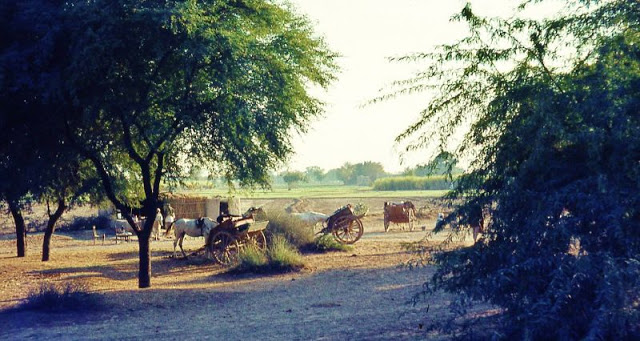
Growing up in the 80’s meant we could play outside until we were called back inside, or when the streetlamps would turn on. Being the fourth child down and second daughter I had it slightly easier. I was a tom boy, dressed in shalwar kameez, my scarf was wrapped around my waist, and I was ready to tackle the outdoors. I was always kicking the football around or playing cricket. We had makeshift wickets from the milk crates. My older brothers would create go carts from wooden planks they could find from here and there, and wheels were from old prams, the joy and freedom gave us hours of fun. I loved the outdoors, trailing my brothers and watch how they would also make kites from black bin liners with twigs and branches attached to it. Looking back now, the sheer engineering work was amazing, young lads producing work of arts for pure entertainment purposes.
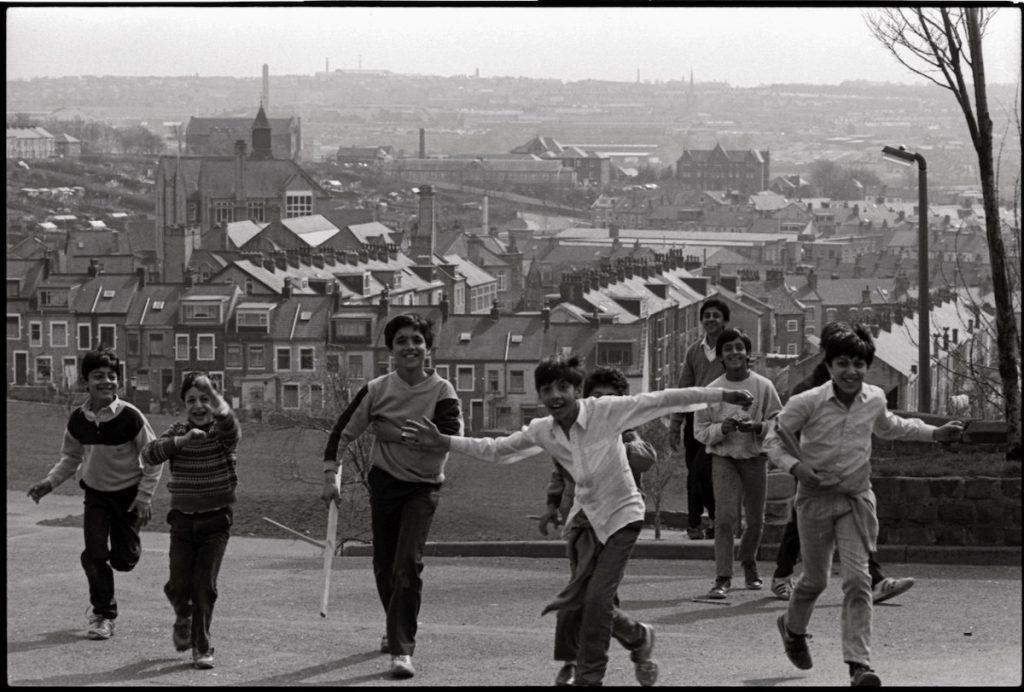
The weekday routine was always busy, we would attend the local mosque immediately after school, I was taught The Quran mainly at home by dad, which I preferred however I knew how strict he was with his teachings but as long as I was close to dad, I always felt safe. The core values of reading The Quran are still embedded in me, the spiritual connection I have with God keeps me going. I believe I can find all the answers in The Quran.
Some of you may remember the limited computer gadgets of the 80’s. One being the Atari – 8, my brother saved up money to buy that, so it was like gold dust. There was a particular game called ‘chuckie eggs’, he would stay up all night playing it. My brother would allow me to set up the game, I would go upstairs first so we wouldn’t arise suspicion to mum and dad. He would then pick his Urdu books and make his way in the attic. My sister would drown herself in Bollywood magazines such and ‘Stardust’ and ‘cineblitz’. I would be the one stood near the door to keep a look out in case dad came upstairs, so you can imagine the part from East is East resonating some of our life, we would try to get out of it at the time when the prayers were due or when we were supposed to read and write Urdu. Eventually we were caught out and my brother’s game was taken away from him. Like every good parent, my dad set boundaries.
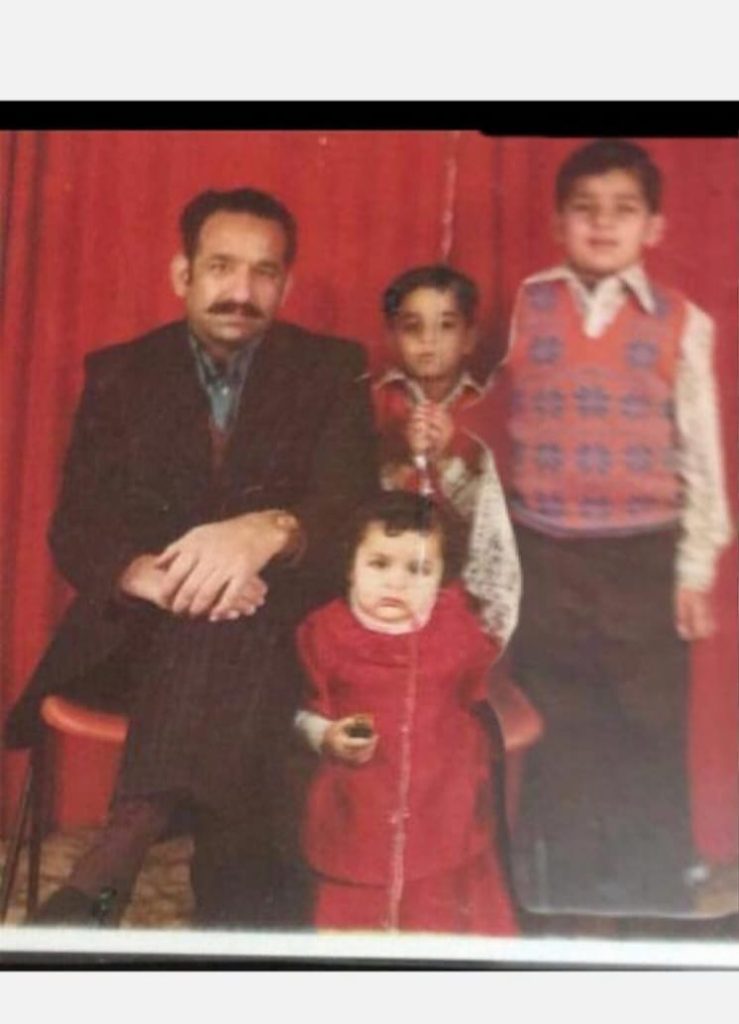
Keeping our mother tongue was an essential part of our growing up, I am forever grateful to my parents to have embedded this into us. Being fluent in Potwari (my mother tongue) and Urdu (the national language of Pakistan) gave me the confidence to communicate effectively and have a better understanding of the community I belonged to. Listening to the older generation and their financial issues, political issues and family issues were always on the agenda. Looking back now, stress, anxiety and depression were not heard of, but they existed, the interpretations of the issues had mental illnesses written all over them, but the awareness of mental health was nonexistence so it would have been alien to the Pakistani culture.
Christmas was always the best part of the winter holidays, as Muslims, we believe Jesus (Isa) is a prophet, so we would celebrate the 25th of December confidently. It is also the birthday of my brother, so we had double celebrations. Mum would stuff chicken and prepare all the vegetables the side. This was the one day where the food was non-Pakistani!
Christmas day was special, dad would explain the story of Jesus to us as written in the Quran. He would also remind us that respecting all religions and humans is an important part of being a Muslim, however we believe and follow Islam. I absolutely loved these moments; he had a plethora of knowledge about everything. Dad would also look forward to The Queen’s speech, he would ask to put the volume up so he can listen carefully, bearing in mind, he was not fluent in English, he got the gist of it. I witnessed dad stand up and saluting the Queen, as a child I watched in awe of his affection. He would always remind us of the blessing we have living in England in comparison to Pakistan and the freedom to practice Islam in a western society and he has the Queen to thank.
It didn’t make a difference if he wasn’t fluent in English, the fact that we were fluent in Potwari was important. We had a rule growing up, mum and dad had preferred it when we spoke Potwari around them, not only were we being taught to respect our parent’s needs, but we were also continuously encouraged to better our mother tongue. As adults, we do the same, we speak Potwari in the presence of mum and dad, I suppose it’s like muscle memory now.
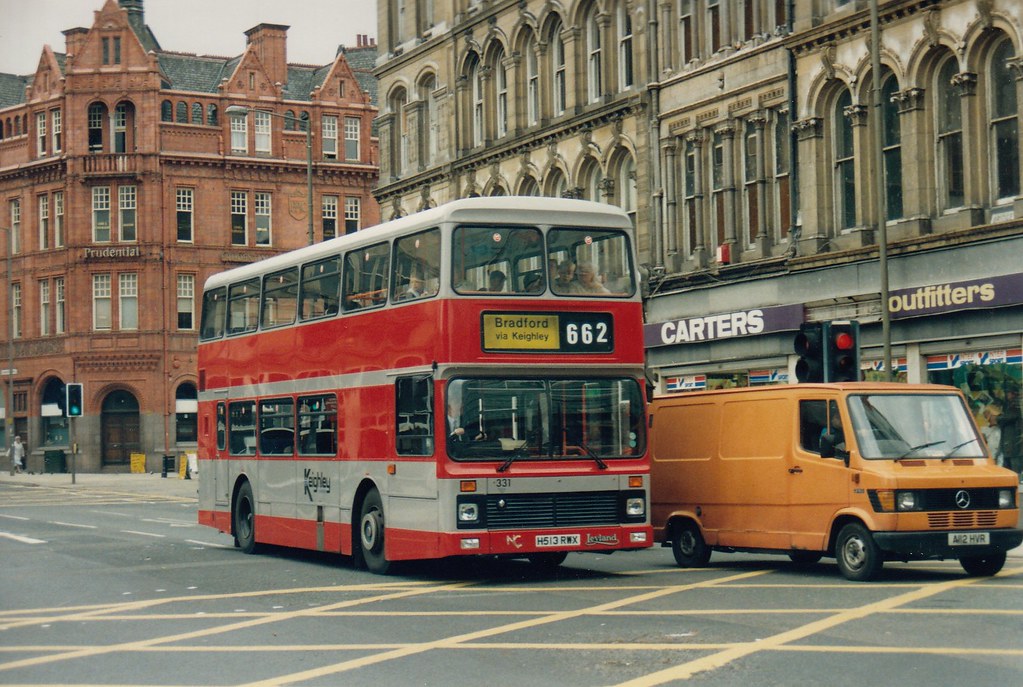
The 90’s shifted into a somewhat modern decade, white goods were more accessible, cable TV and Sky TV opened a whole new world to entertainment. Gone were the days when I was sent to the local video shops to rent Bollywood movies, Hollywood action movies were at my fingertips now, so I had choices. My older sister was the Bollywood queen, we were always bickering over our movie choices. However, I did miss the TV shows such as Knight Rider, Air Wolf, TJ Hooker, Cagney and Lacey to name a few.
The 90’s was the decade where the dynamics of our family changed, we were married, having our own children, and moving into our own homes. The approach to culture was changing, there were more young girls in higher education, it was becoming the norm. Unfortunately for my older sister, who was taken out of school at the age of 11, there was no compensation. But my parents realised they would not do the same for myself and my younger sister. The pressure of ‘what will people say’, was becoming a thing of yesterday. My mum was able to learn driving in her 40’s which was unheard of in our culture, but dad supported her.
Mum and dad would often recall in family gatherings and reflect the fact that ‘they were too afraid’, of allowing daughters to gain freedom. Education meant freedom, exploring the wider society, which could have led to girls forgetting their cultural ethics and religious values. It was understandable as my parents had a completely different upbringing, their cultural society was taken for granted and Islam was at their fingertips with mosques a few hundred yards away from their homes and the call to prayer (Azaan) was called out five time a day. But here in England it was alien to them.
In current times, being a British born Pakistani has had its benefits. I have always considered myself as the lucky one, being able to communicate effectively with the first generation through Potwari and Urdu has always given me the confidence to keep the cultural values active. I am trying to implement my mother tongue with the younger generation and have an awareness of the importance of it, especially my own children. Luckily my parents can communicate with my own children, but they still have their struggles.
Over the years we have seen people from our community and family suffer from mental illness, but it was never spoken of, purely because of the stigma’s attached. Only now, the awareness of Mental Health related illnesses is talked about. The awareness is becoming widely spread, this is making it easier for services to reach out to people from ethnic backgrounds as services have workers who are bilingual or multilingual and I believe this is due to the strong values the Pakistani community had.
For full details of South Asian Heritage Month please visit southasianheritage.org.uk



